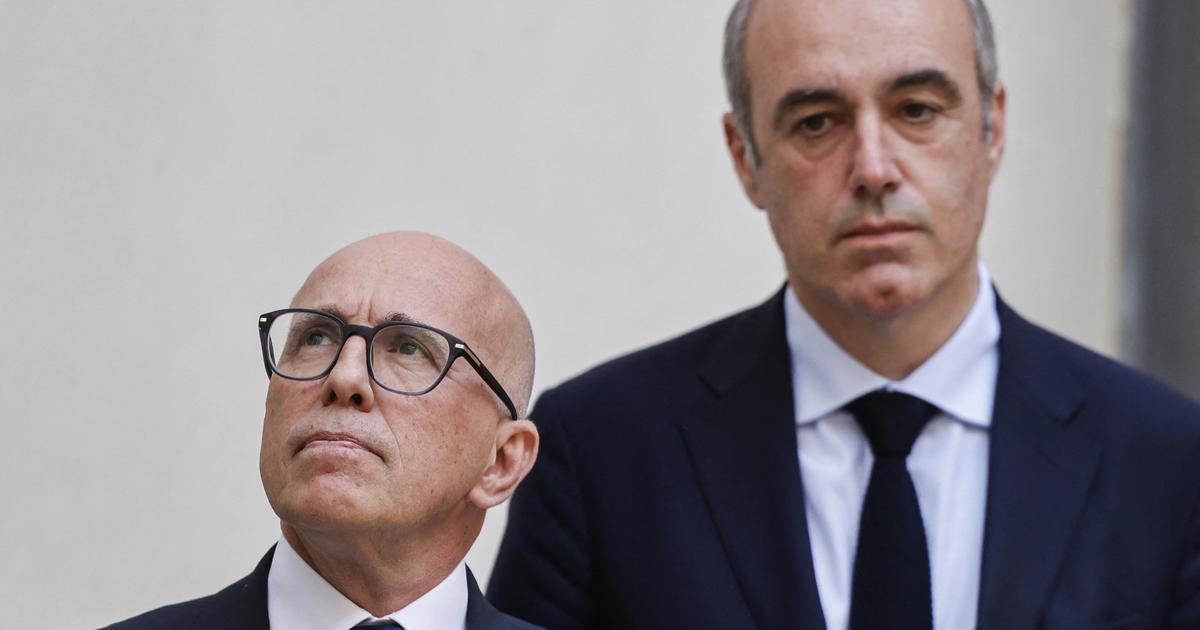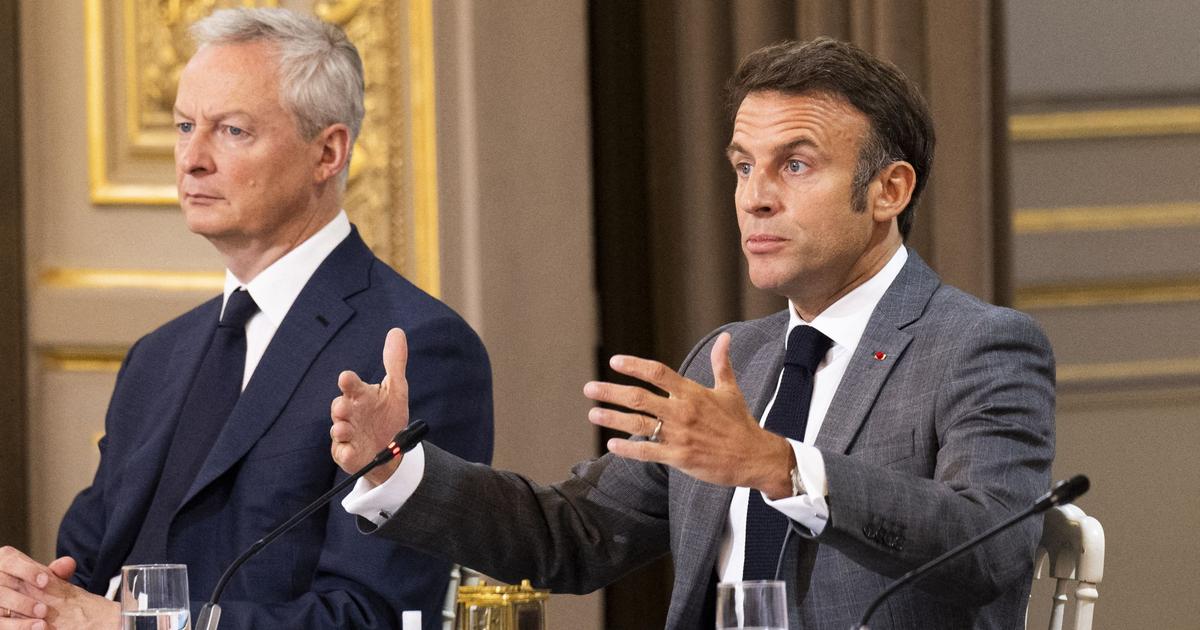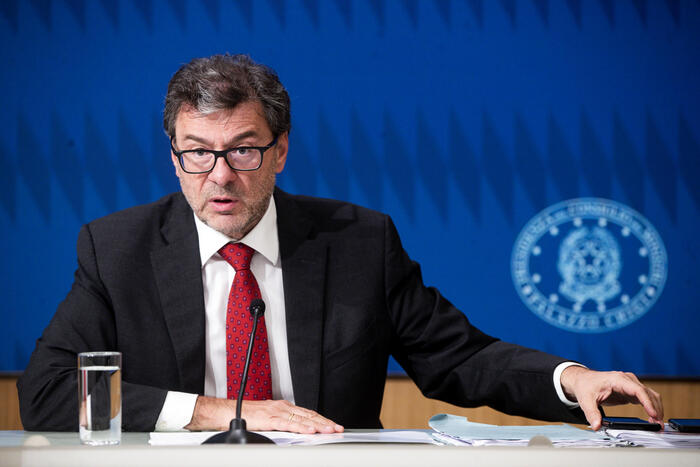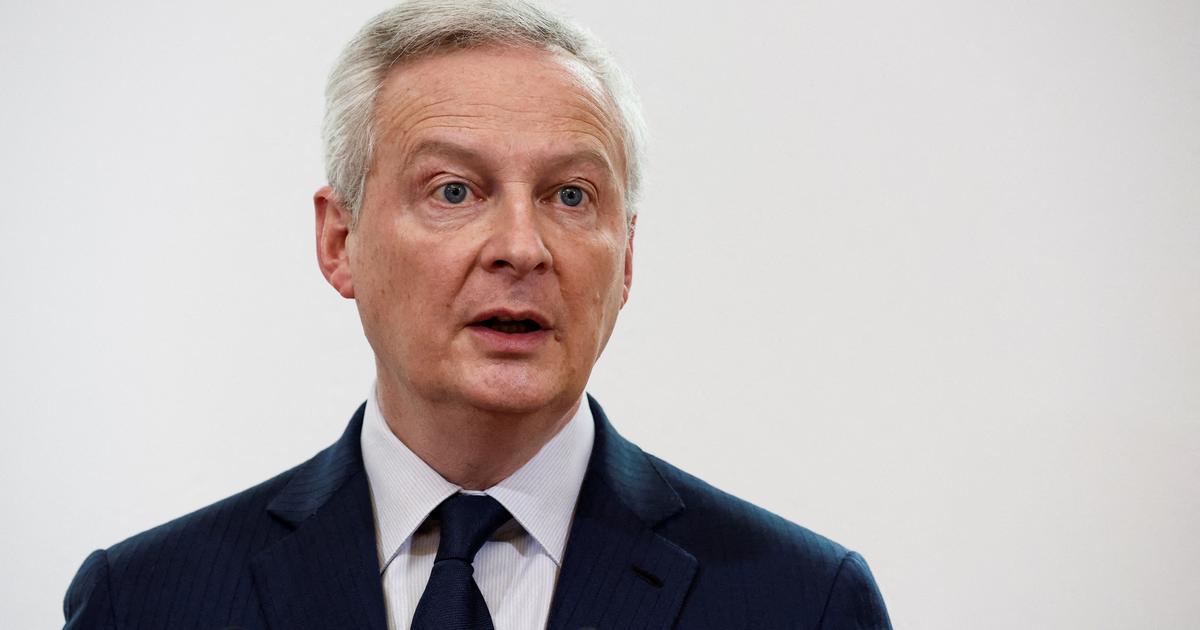Will this be enough to reassure the French?
This Friday, Jean Castex officially installed the commission on the future of public finances.
This cenacle of ten experts will work for three months on how France can straighten its public accounts after the shock of the coronavirus.
Due to the fall in tax revenues and tens of billions of euros in aid, the French debt should indeed approach 120% of the GDP in 2020. The low interest rates today considerably lighten the weight of this burden.
But then?
Read also:
France facing the wall of colossal debt
It is therefore up to this new commission to develop solutions, to prevent France from finding itself in a few years under pressure from the financial markets.
The commission has carte blanche with one constraint, warned Matignon.
He will have to "
respect the government's priority of keeping the fiscal path, in particular tax cuts
."
A possible tax increase is therefore
"ruled out from the outset
".
Even
if
"
it is not a question of reopening a major review of all public expenditure
", the group will on the other hand have to take a position on the advisability and the possible pace of a budgetary adjustment.
A perfect balance
Chaired by the centrist Jean Arthuis, former Minister of Finance under Chirac, the commission also welcomes the socialist Marisol Touraine, Minister of Health under François Hollande.
The balance is also respected between the private and the public.
There sit the former president of Medef, Laurence Parisot and the CEO of ADP, Augustin de Romanet, but also senior officials Jean-Luc Tavernier, head of INSEE, and the magistrate at the Court of Auditors Raoul Briet.
As for economists, it is also the diversity that is essential with, the Italo-Swiss Beatrice Weder Di Mauro, former adviser to the German chancellors Gerhard Schroeder and Angela Merkel, the American-Austrian Thomas Wieser, who works for the European Union, the professor at the London Business School Hélène Rey, and Natacha Valla of Sciences Po.
The experts must officially respond to three missions: to propose a new trajectory of public finances in the medium term, to improve the rules for the management of public accounts and to think about an “
orderly and strategic management of our debt
”.
They will have to return their copy by the end of February, beginning of March, so that the government can seize it within the framework of the transmission to Brussels of its budgetary stability program and the preparation of the 2022 budget. cantonment - favored until now by Bercy - is no longer considered as "
one option among others
".
Read also:
Can we really erase the Covid debt, as Arnaud Montebourg recommends?
The commission, the creation of which had been pushed by Olivier Dussopt, the Minister for Public Accounts, will get to work on Monday.
It will be assisted in its work by the General Inspectorate of Finance, which should delegate two rapporteurs.
Its conclusions should help the government to install in the public debate, after months of all-out spending, the question of paying the bill for the crisis and the end of the
presidential
"whatever the cost"
.
Beyond this important question of communication, it seems unlikely that the committee, as brilliant as its members are, will revolutionize the issue of repayment of public debts.
Economic theory is indeed well documented on the subject.
To repay its debt, a State has the choice between a number of restricted options, over which it does not always have control: growth, default or restructuring of its debt, inflation, financial repression, which supposes to force banks to buy sovereign securities at low prices, budget savings or finally tax increases.
It is up to the politician to make a choice, after consultation!
The state deficit already reaches 159.9 billion
As of October 31, the state deficit amounted to 159.9 billion euros, against 107.7 billion in the same period last year due to the crisis, says Bercy in a note on the situation monthly state budget released this Friday.
Estimated at 319.4 billion euros, general budget expenditure increased by 11% compared to October 31, 2019, marked by massive support for the economy.
Net receipts (excluding financial assistance) fell by 8.7% to stand at 212.6 billion.
Linked to the crisis, this drop is also explained by the gradual elimination of the housing tax which applies to 80% of households this year.















